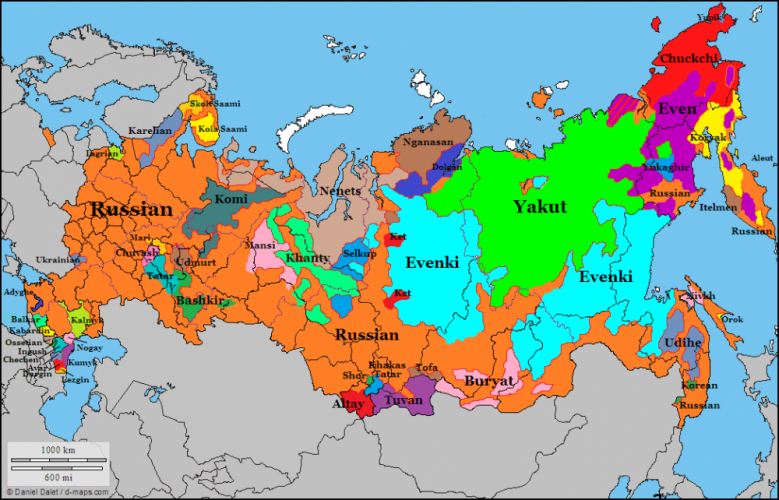Russian is an official language in russia belarus kazakhstan kyrgyzstan and tajikistan

Russian: An Official Language in Russia and Beyond

In a vast land known for its rich history, diverse culture, and beautiful landscapes, Russian is the language that brings people together. As the official language of Russia, it serves as a communication tool for millions of people within its borders. However, its influence doesn’t stop there. Surrounding countries like Belarus, Kazakhstan, Kyrgyzstan, and Tajikistan also recognize Russian as an official language, highlighting the immense reach and importance of this Slavic tongue.
Russian Language Day, celebrated on June 6th each year, is a great opportunity to appreciate and understand the significance of the Russian language in these countries and beyond. The day pays tribute to the UN’s decision in 2010 to recognize the importance of Russian as one of its six official languages.
The Significance of Russian in Russia

As the world’s largest country by land area, Russia is home to more than 146 million people. Russian acts as the common language that unifies this vast and diverse population. It is the language of governance, education, media, and business. Whether it’s discussing political matters in the State Duma, studying in prestigious Russian universities, or simply ordering food at a local café, Russian is the main medium of communication.
The Influence of Russian Beyond Russia
While Russian is undoubtedly the dominant language in Russia, its influence extends beyond its borders. In Belarus, one of Russia’s closest allies, Russian shares official language status with Belarusian. This recognition reflects the strong cultural and historical ties between the two countries. Similarly, Kazakhstan, a former Soviet republic, also recognizes Russian alongside Kazakh. This acknowledgment reflects the country’s multicultural heritage and the significant Russian-speaking population residing there.
Moving further east, both Kyrgyzstan and Tajikistan, which also have historical ties with Russia, recognize Russian as an official language. In these countries, Russian is often used in international communication, trade, and education. The knowledge of Russian opens doors to countless opportunities for individuals in these regions.
The Bridge to Communication and Understanding
Becoming fluent in Russian not only opens up avenues for personal and professional growth within Russia but also provides opportunities to connect with various communities outside Russia’s borders. As an official language in several neighboring countries, Russian becomes a bridge to communication and understanding between diverse cultures.
From a historical perspective, the spread of Russian as an official language in these countries is a testament to the cultural and political influence of the former Soviet Union. However, it’s important to note that these countries have their native languages, which are also widely spoken. The recognition of Russian as an official language doesn’t diminish the importance of these native tongues but rather fosters multilingualism that strengthens cultural ties.
Celebrating Russian Language Day
Russian Language Day is an opportunity to celebrate the richness of the Russian language and its influence. Whether you are a language enthusiast, a traveler, or someone interested in world affairs, taking the time to appreciate the importance of Russian in Russia, Belarus, Kazakhstan, Kyrgyzstan, and Tajikistan can enhance your understanding of the region’s history, culture, and people.
Sources:
Tags
Share
Related Posts
Quick Links
Legal Stuff

